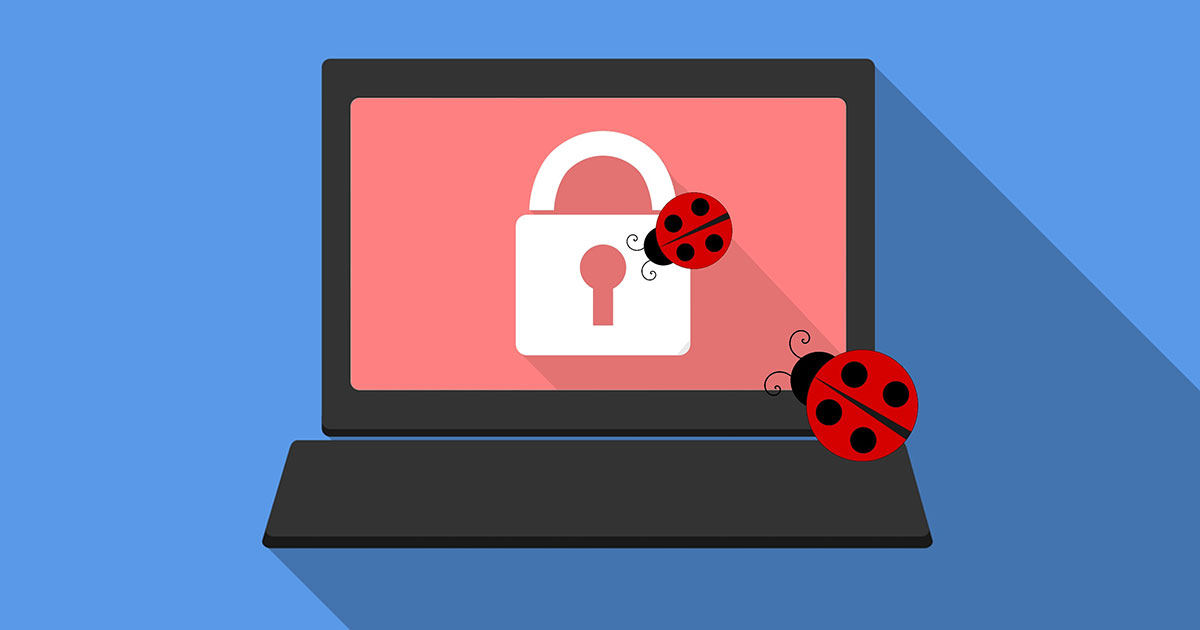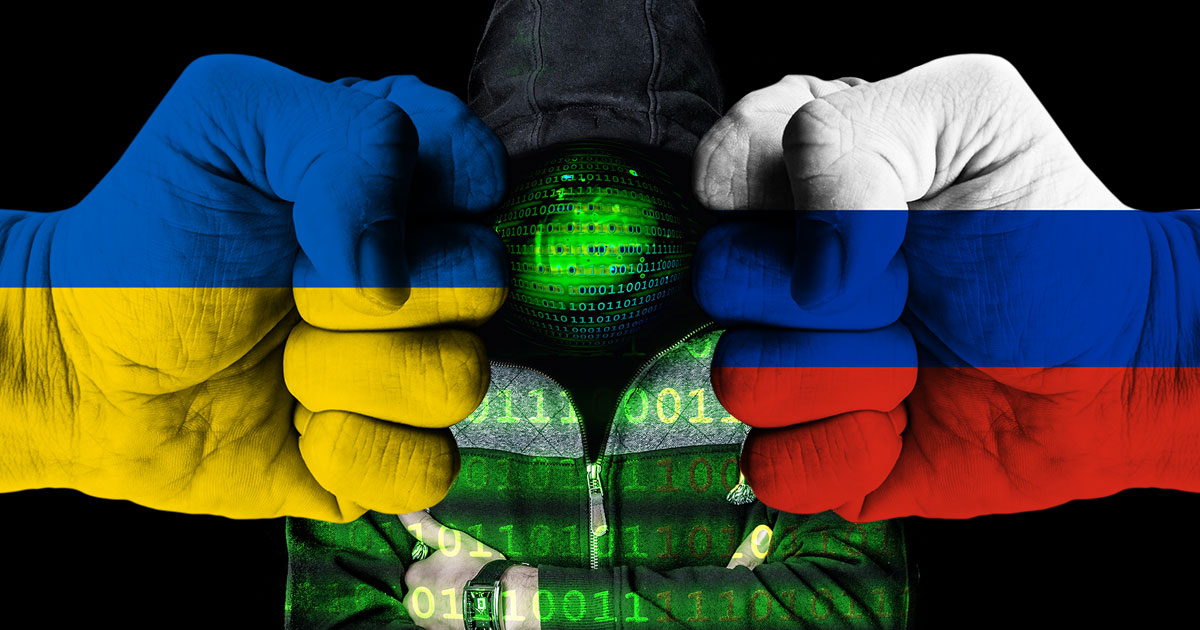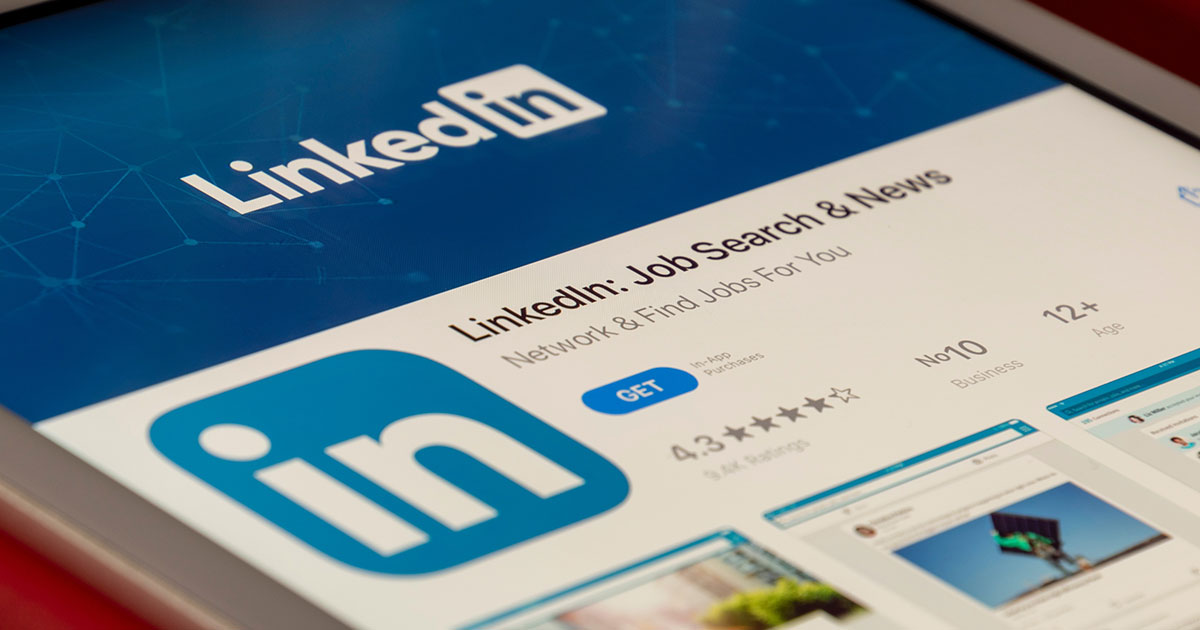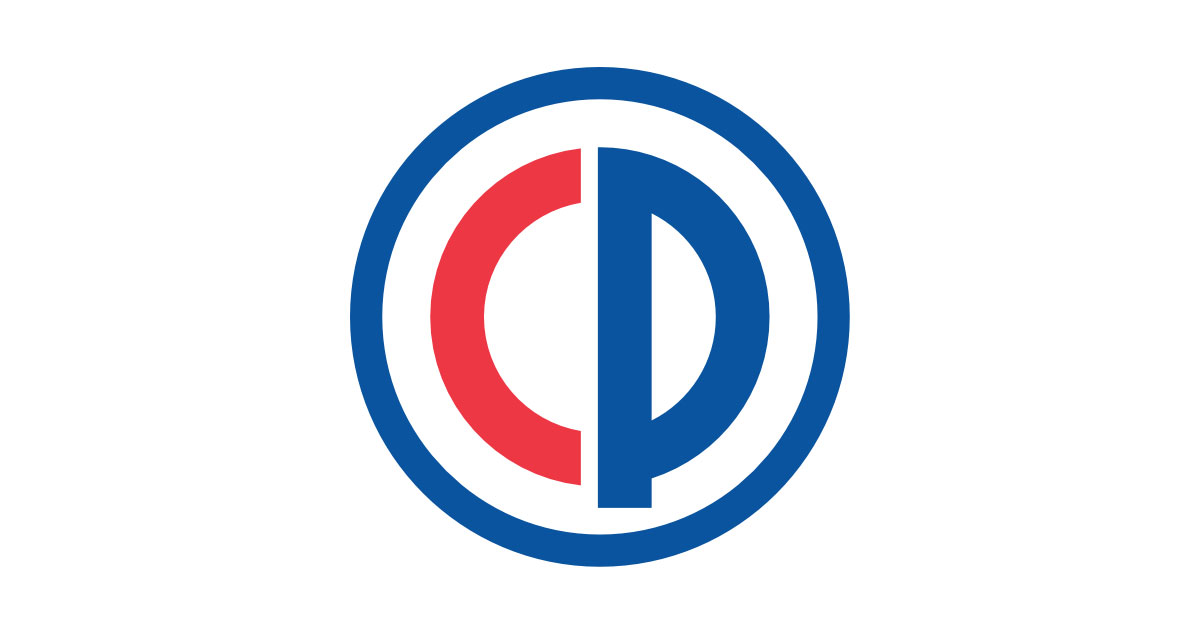
It was a quiet August Morning…. Until the Alarms suddenly went off
Let's imagine: You are leading a team of researchers who are racing against time to deliver the next breakthrough treatment, the world desperately needs. And suddenly, out of nowhere, the heartbeat of your research flatlines - in front of your eyes, systems crash. Reports, you have built vanish in an instant. Do you know - innovation is just not paused; your system has been taken hostage.
Are you thinking this is a nightmare? Still now, yes - For You! But this nightmare became reality for Inotiv, a drug research giant with over 2,000 specialists and revenues topping $500 million. The unthinkable happened on 8th August 2025 when the company uncovered a chilling truth- its core systems weren't just down, attackers held it hostage by ransomware.
Now pause for a moment and ask yourself: What would you do if years of research, breakthroughs, hard-earned data and research were suddenly seized - locked away by faceless hackers demanding a ransom?
The First Moves of Inotive
The moment the attack was spotted, Inotiv pulled the emergency brake- shutting down critical systems. So, what was the goal? Dropping attacker's plan from spreading further.
Do you think shutting down is a good option? It's bever a light call.
Think about it: every click researcher couldn't make, every application they couldn't access, meant delayed progress in drug discovery. Offline data and backup workarounds became the only lifeline for the researchers- a reality as unsettling as it was unavoidable.
This leads to the first lesson for cyber defenders: Do you know which of your systems you could afford to shut down right now, without crippling your business entirely?
The offender comes into Spotlight!
It was just the beginning! As soon as Inotiv scrambled to recover, the disgraceful Qilin ransomware group stepped into the spotlight. The Russian cybercrime gang did not just encrypt files- but also, they claimed to have stolen 176 GB of research data, including 162,000 files spanning a decade. Apart from this, Qilin turned out to be extremely crafty as to prove they were not bluffing, they also leaked essential information on their dark web site to prove they were not bluffing. What did that include?
- Drug Development and testing reports
- Internal Communications
- Analytical data worth potentially hundreds of millions
As you know: breach of this kind of data isn't just about money- it shatters reputation, trust and years of hard work and competitive edge, gone in a flash.
Reasons behind choosing Inotiv as the target
You must be wondering, “Why Inotiv?”, the answers lie in patterns. Ransomware groups like Qilin target industries where:
- Every minute counts (think healthcare, pharma, education).
- Sensitive intellectual property is involved.
- Downtime costs are unbearable.
For Qilin, Inotiv was rather a jackpot as intellectual property in pharmaceuticals is not just confidential, it's currency.
How did the attackers get in?
At the time of analysis, cyber experts always ask questions like: How did the hackers breach the walls?
Though Inotiv hasn't confirmed details, Qilin is notorious for tactics like:
- Phishing emails that trick users into clicking poisoned links.
- Exploiting remote desktop protocol (RDP) or vulnerable VPN gateways.
- Deploying Google Chrome info stealers to swipe saved passwords.
The scary part? These aren't high-tech, state-sponsored tricks. These are everyday attack methods that anyone-even your organization-could fall prey to.
A Dark Reminder: Synnovis and Beyond
If you think this is a one-off story, think again. Qilin made headlines just last year with the Synnovis ransomware attack in the U.K., which disrupted hospitals, cancelled over 6,000 appointments, and exposed 400 GB of health data.
History shows us a pattern: healthcare and pharma are magnets for ransomware because lives, science, and big money are always on the line.
What Can You Take Away From This?
So, here's where the story comes back to you:
- Would your organization survive if its most critical data was encrypted tomorrow?
- Do you have phishing-resistant MFA, strong endpoint monitoring, and offline backups?
- Could your team continue operations if your systems went dark overnight?
The Inotiv incident is more than a headline-it's a case study, a warning shot, and perhaps even a mirror.
Because in the world of cyber defence, the question isn't if you'll face an attack-it's when.
Final Thought: The Race Isn't Just for Drugs-It's for Defense
Inotiv's scientists race to discover cures and therapies. But in the digital era, another race runs parallel-the race to defend that science from cyber predators.
And here's the uncomfortable truth: sometimes the attackers are running faster.
So, ask yourself: Are you ready to keep up?
Exclusive Blog
Read All Exclusive Blog »
With world working from home, it's time to make it enjoyable and effective.
Read DetailsHacking Tools
Explore All Hacking Tools »
UFTP is an encrypted multicast file transfer program for secure, reliable & efficient transfer of files. It also helps in data distribution over a satellite link.
Read Details










